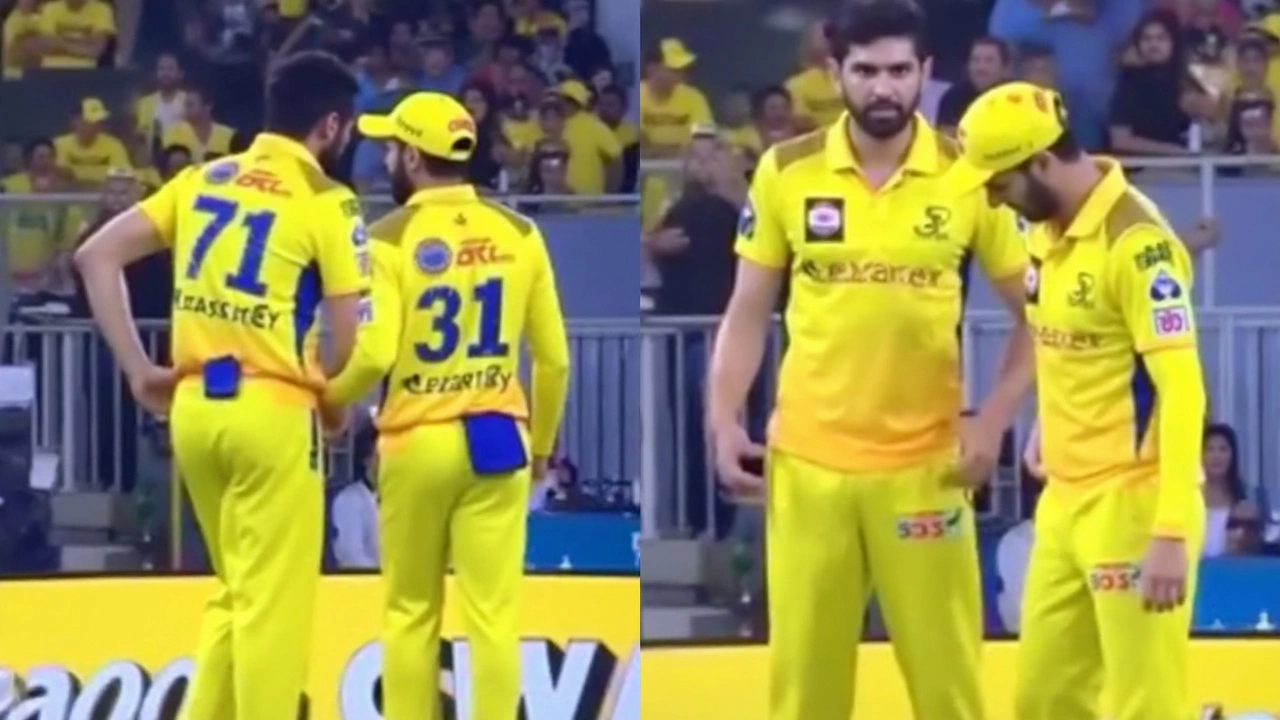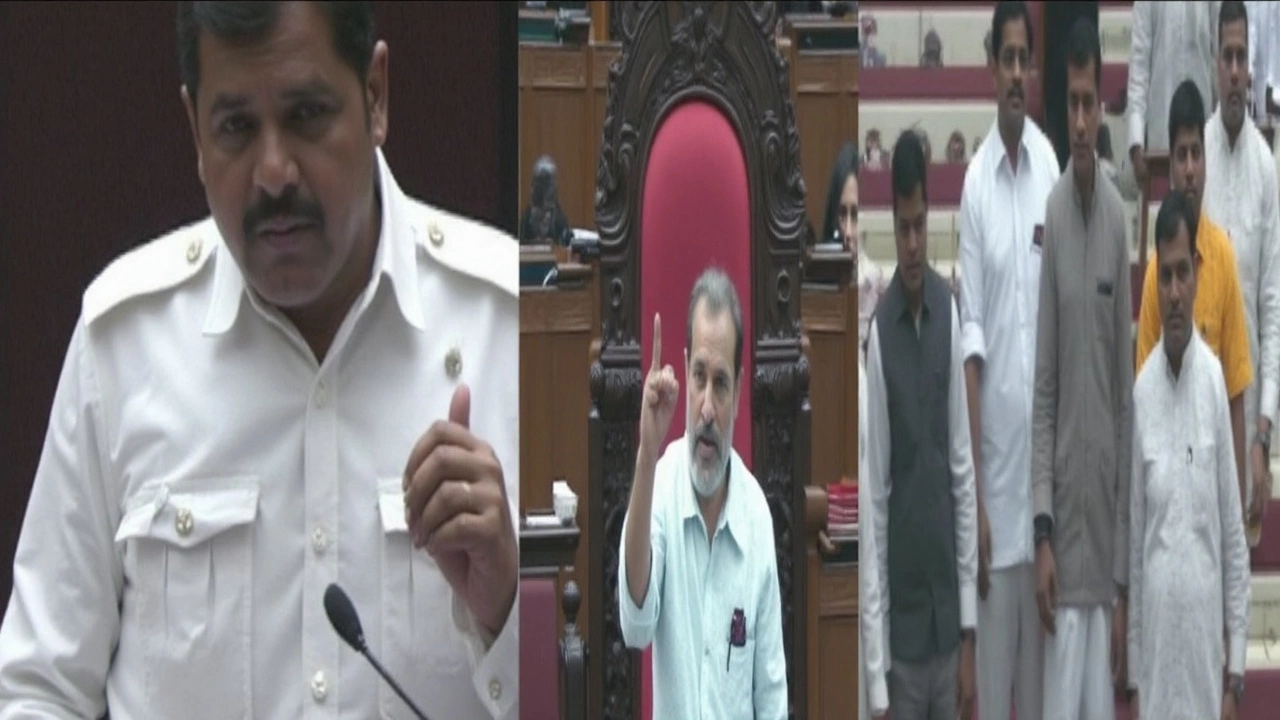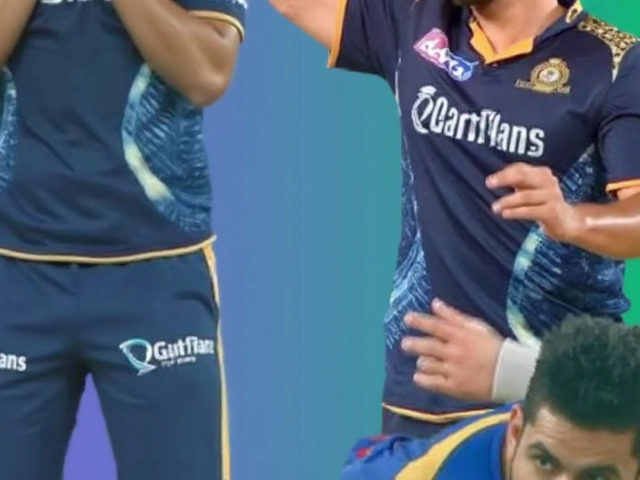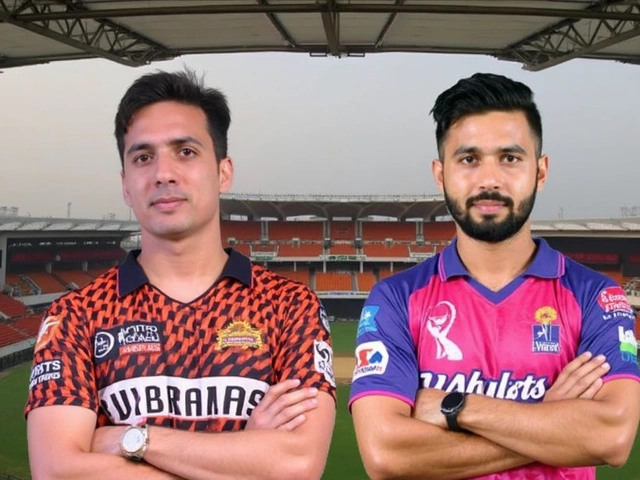Amit Shah’s Sirohi Spotlight: National Security Gets Top Billing
When Union Home Minister Amit Shah landed in Sirohi, Rajasthan didn’t just host a VIP—it got the center of attention for a big policy push. The National Conclave, which drew political heavyweights, was all about boosting India's internal security and refining how government gears up for crisis management. With tensions around the country’s edges and the constant need to stay a step ahead, Shah made it clear that security is more than just talk. He hammered home the message that smooth governance, strong law enforcement, and seamless communication between state and center have to be the new normal. The event wasn’t just a photo-op; it was a signal to local leaders and national policymakers that security and preparedness can’t sit on the back burner anymore.
Sirohi’s choice as the site isn’t random either. Rajasthan’s border with Pakistan and the challenges of policing tough, rural terrain means that lessons from here resonate far beyond this corner of India. The conclave also gave a shot in the arm to local officials, encouraging them to align with fresh policy directions and tech upgrades in surveillance and emergency response systems.

Heatwave Warnings: Rajasthan Residents Brace for Sizzling Week
As the mercury shot up, the India Meteorological Department (IMD) didn’t mince words: a heatwave is on the way, set to grip parts of Rajasthan and even spill over into Gujarat. The forecast, stretching to April 19, has everyone from farmers to city workers scrambling for shade. Temperatures are expected to soar several degrees above what’s considered normal for this time of year. Medical officials are already warning people to watch for signs of dehydration, heatstroke, or exhaustion. It's not just about personal discomfort—school schedules might change, essential services are staying alert, and even power grids are likely to be stretched to their limits.
The warning has also kick-started a rush for water conservation steps and shaded rest-stops across cities like Jaipur, Jodhpur, and Udaipur. People are being urged to stay indoors during peak afternoons, hydrate often, and avoid strenuous outdoor work unless absolutely necessary. Heatwaves aren’t new to Rajasthan, but this early-season intensity has locals unsettled and authorities on edge.
The IMD alert has already reached bus depots, railway stations, and local administrations, setting off contingency plans in schools and hospitals. The message: don’t take this heat lightly, and gear up for a week that could test everyone’s endurance.
Meanwhile, in the world of sports, there’s a storm of another kind brewing—and it’s not just the weather causing tempers to flare.
The Rajasthan Royals IPL team grabbed headlines, but not for the right reasons. Their recent match against the Delhi Capitals turned dramatic thanks to an eyebrow-raising DRS (Decision Review System) controversy and a split-second decision by player Dhruv Jurel, who refused a desperate second run in the final moments of the match. That call came back to haunt the team, as the match slipped out of their hands and tumbled into a nerve-wracking Super Over, eventually leading to a loss. Fans didn’t hold back, and social media crackled with debate over whether the DRS decision was a technical glitch or a judgment error. Teammates and commentators picked apart the missed run, wondering if it was miscommunication, nerves, or simply bad luck.
For Rajasthan Royals followers, the loss stung, not just because it put a dent in the points table, but because it reignited old worries about pressure handling and coordination in crucial game moments. After all, in the IPL, one small mistake can spark heated arguments, both on and off the field.



